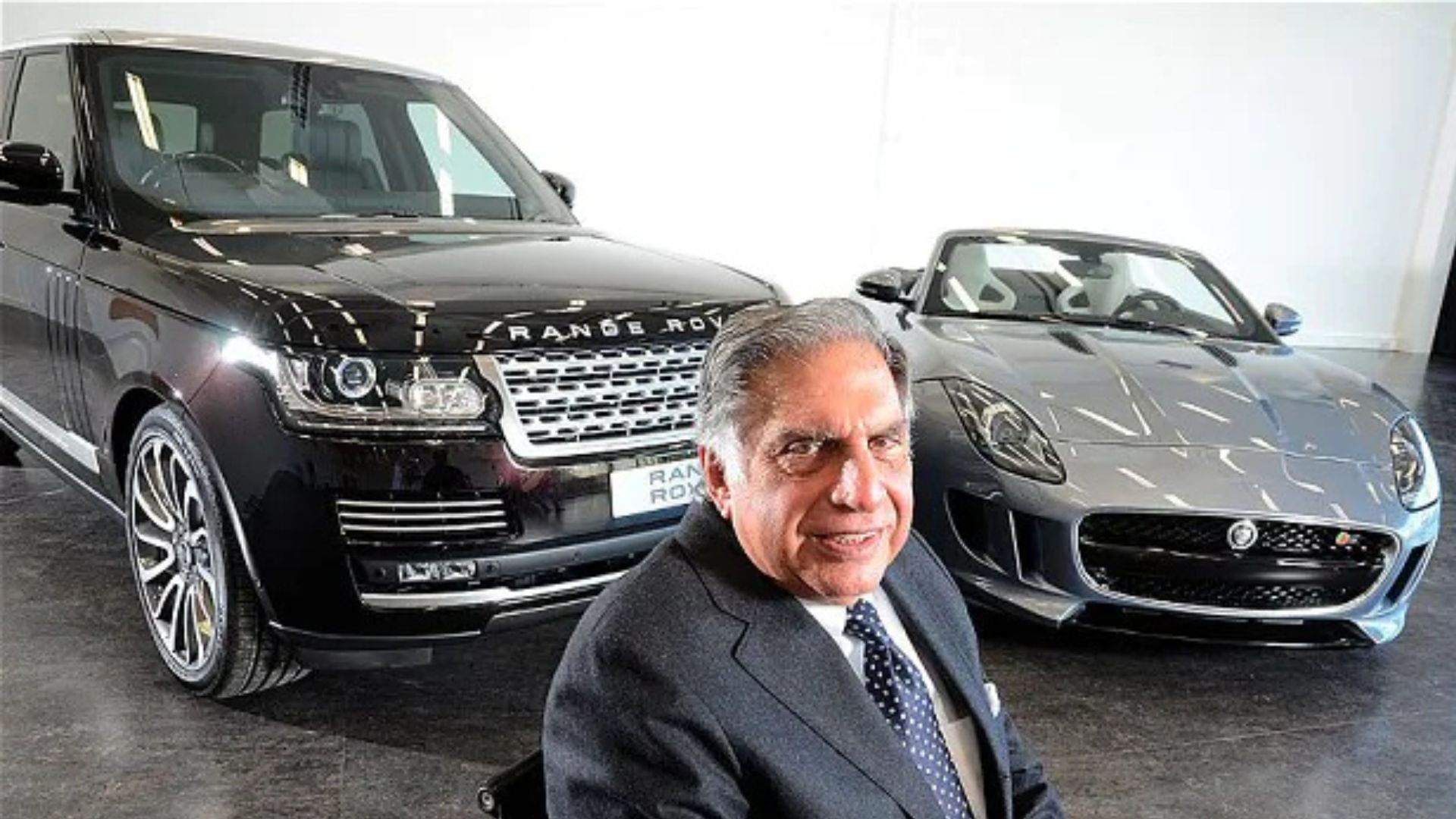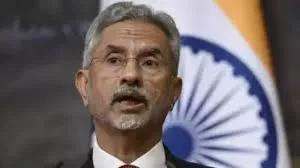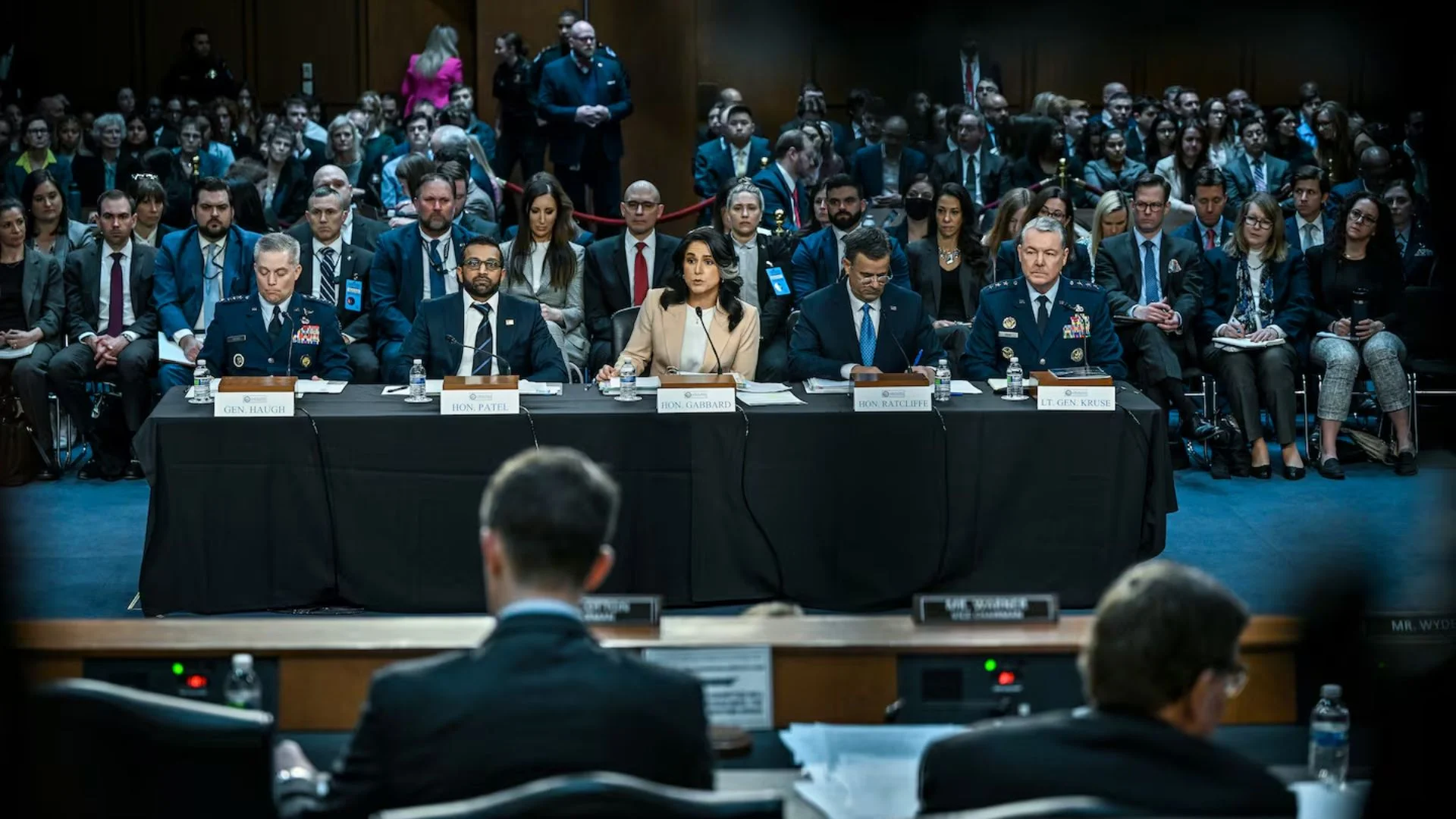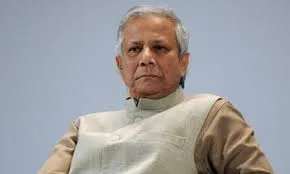Ratan Tata, the iconic Indian industrialist and philanthropist, passed away on Wednesday at the age of 86. Widely respected in both Indian and global business circles, Tata’s leadership at the helm of the Tata Group earned him immense admiration. Among the numerous accomplishments that defined his legacy, one standout story is Tata’s acquisition of the Jaguar and Land Rover brands—a move that was both a personal and corporate triumph.
The 2008 Deal That Changed Indian Automotive History
In March 2008, the global automotive industry was taken by surprise when the Tata Group announced its acquisition of Jaguar and Land Rover (JLR) from Ford for $2.3 billion. The deal was not only a significant milestone for Tata but also marked a major leap for India’s corporate reputation. Tata’s triumph was particularly sweet after a prior, unsuccessful meeting with Ford had ended in humiliation for him.
The acquisition, which also saw Tata defeat rivals Mahindra & Mahindra, was hailed as a pivotal moment for the Indian automotive industry. It was described as the equivalent of India’s ‘Neil Armstrong moment’—a moment that signaled India’s arrival on the global stage in the automotive sector.
The origins of this acquisition date back to 1998, when Tata launched the Tata Indica, India’s first indigenously designed and manufactured diesel hatchback. However, initial sales were underwhelming, and Ratan Tata, disheartened by the outcome, sought to sell the manufacturing unit to Ford.
In a meeting with Ford executives, then-chairman Bill Ford reportedly dismissed Tata’s efforts, suggesting that the Indian company should never have ventured into car manufacturing in the first place. He even stated that acquiring Tata’s plant would be a ‘favor’ to the company. Humiliated, Tata abandoned the deal and returned to India with a newfound determination to prove his critics wrong.
In the years that followed, Tata Motors turned its fortunes around, with the Tata Indica becoming a commercial success. By 2007, domestic sales had peaked at 142,000 units, and exports to European and African markets were growing.
Meanwhile, Ford found itself struggling during the 2008 global recession, facing near-bankruptcy despite receiving a government line of credit. Sensing an opportunity, Ratan Tata moved quickly to acquire the struggling Jaguar and Land Rover brands—this time with Ford needing Tata more than ever.
Tata’s Strategic Victory
Ratan Tata’s acquisition of Jaguar and Land Rover was not just about settling old scores. It was also a shrewd business move. Despite their financial troubles at the time, Jaguar was an iconic luxury sports car brand, and Land Rover was enjoying strong sales, generating $1 billion in revenue in 2007-08.
“There is no reason to tinker with the brands… our challenge is to make them grow,” Tata remarked at the 2008 Geneva Motor Show, shortly after the deal was sealed. Under Tata’s stewardship, JLR sales skyrocketed—from £9.87 billion in 2011 to over £25 billion by 2018.
Ratan Tata’s acquisition of Jaguar and Land Rover not only revitalized the brands but also became a symbol of his leadership and resilience. By the fiscal year 2024, Jaguar Land Rover had sold over 400,000 vehicles globally, cementing the success of Tata’s vision.
The episode also served as a testament to Tata’s enduring qualities of hard work, determination, and strategic foresight—qualities that defined his leadership at the Tata Group. As industrialist Vedant Birla posted on social media in 2022 on the 14th anniversary of the acquisition, Tata’s JLR success showed the world the power of resilience and determination.
Ratan Tata’s acquisition of Jaguar Land Rover is a shining example of his ability to turn setbacks into triumphs. It was a deal that not only redefined the Tata Group’s standing in the global automotive industry but also underscored Tata’s visionary leadership. With his passing, India mourns the loss of one of its greatest business icons, but his legacy will continue to inspire future generations.





















